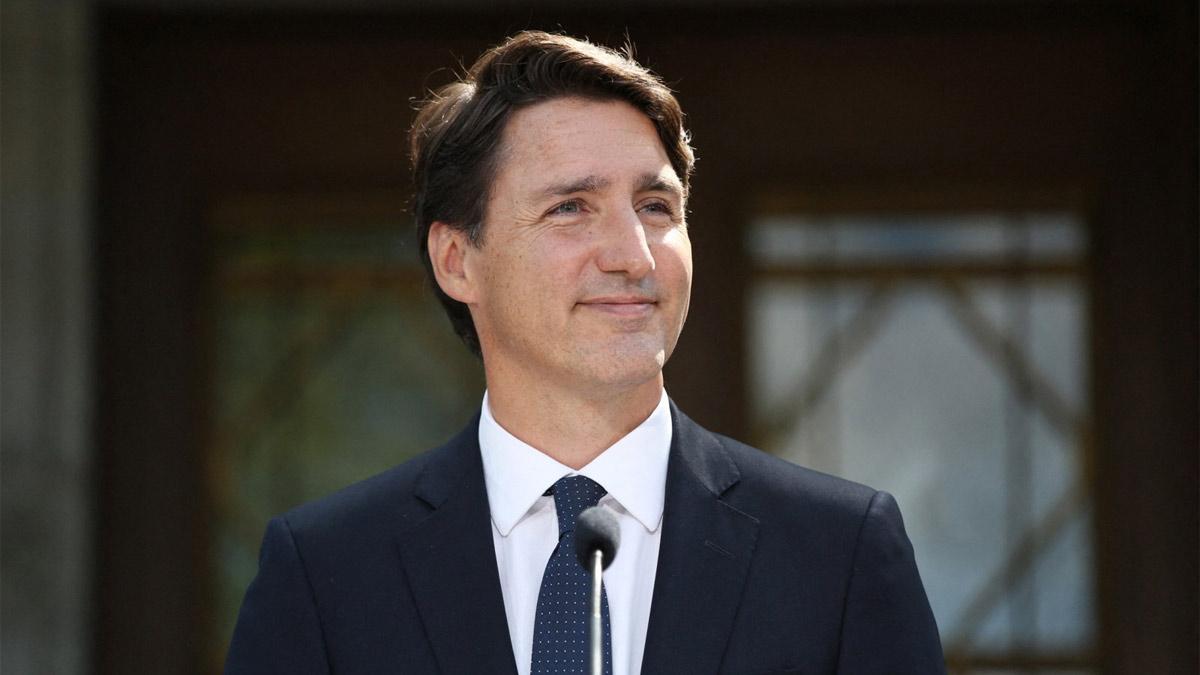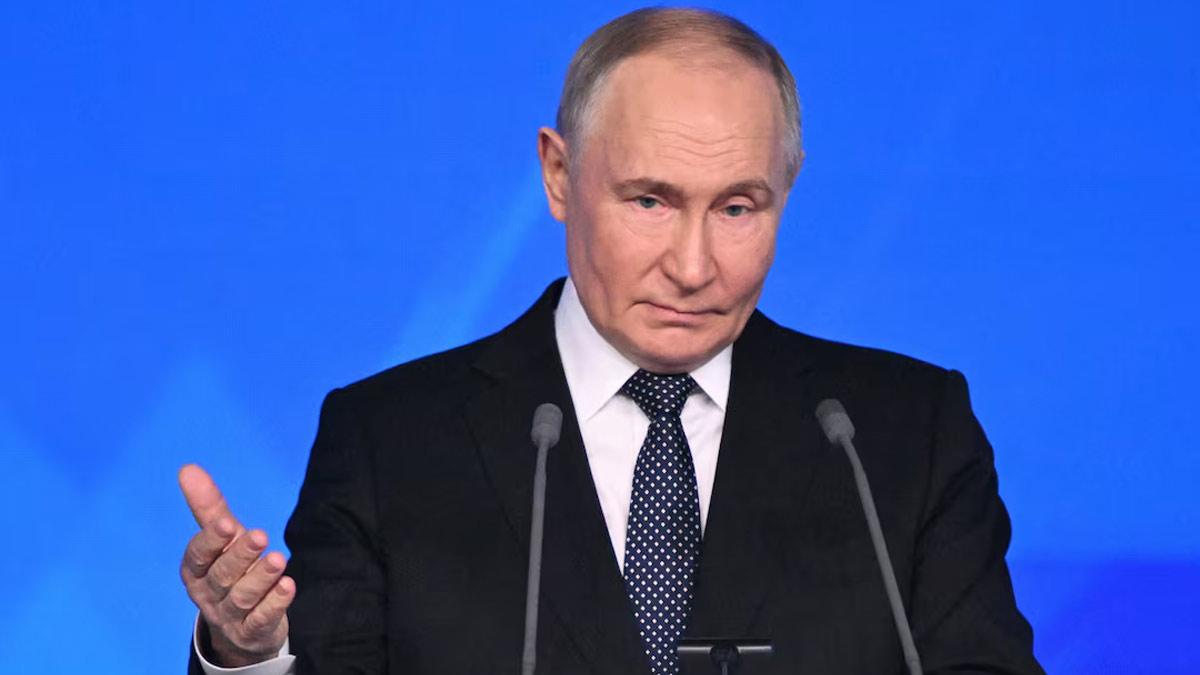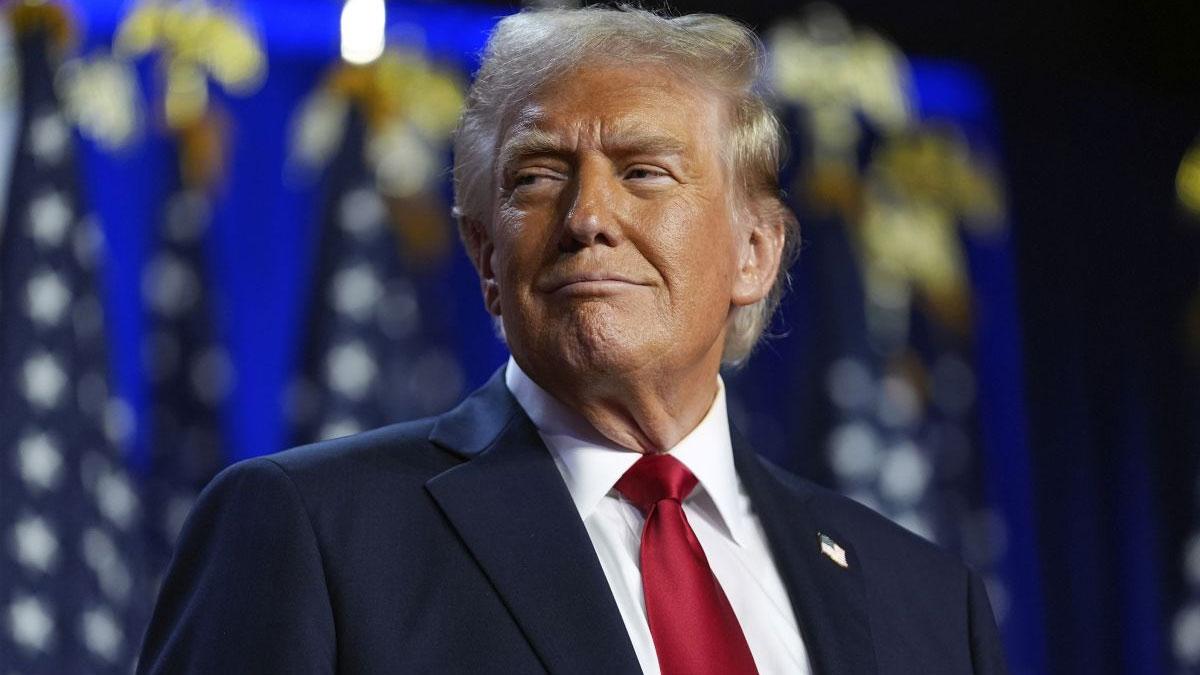Canadian Prime Minister Justin Trudeau survived a vote of no confidence on Wednesday in the first major test of his minority Liberal government, whose popularity has waned after nine years in office. After a fiery debate that saw lawmakers trade insults and pound their fists on the desk, they voted 211 to 120 against the Conservative motion to oust the Liberals and trigger snap elections.
Trudeau's thin lead, though, is in for more rigors in the coming days and weeks, as the principal opposition Tories promised they would try again to topple the government as soon as Tuesday.
Far out front in opinion polls, Conservative leader Pierre Poilievre had been drooling at the thought of a snap election since the leftish New Democratic Party torpedoed an agreement for a coalition government with the Liberals last week, leaving the Trudeau regime vulnerable to being sent packing.
A combative Poilievre has attacked Trudeau for what he described as a failure to meet growing costs of living, a housing crisis and crimes as he doubled Canada's national debt. For the promise of Canada, "after nine years of Liberal government, is broken," he said during Commons debate on Tuesday. However, other opposition parties, whose support is needed to oust the Liberals, pushed back against his right-wing agenda. Liberal House leader Karina Gould called the Tories "playing games."
"I think it's pretty lame that they're going to put forward another non-confidence vote tomorrow," she said.
Meanwhile, immediately after the NDP voted its no-confidence, they joined the Liberals in a cakewalk passing legislation regarding capital gains taxes, thus avoiding another political crisis. Poilievre promised to keep trying his luck with the next chance of ousting the government coming next week, and if that does not work, he will have a couple more opportunities before the end of the year.
The separatist Bloc Quebecois has also made demands for concessions from the ruling Liberals in exchange for its continued support in Parliament beyond the end of October. Trudeau swept to power in 2015 and has managed to cling on by defeating two of Poilievre's predecessors in ballots in 2019 and 2021. The arrangement with the New Democratic Party would have kept his government in office till late 2025, but the NDP saw that its alignment with the Liberals was hurting its own popularity so it bailed early.
According to a recent Angus Reid poll, Conservatives are greatly ahead of Liberals, with 43 per cent of voting intent and 21 for the governing party. NDP is at 19 percent. The leader of the NDP, Jagmeet Singh declared that his party will scrutinize each bill they pass before making a decision on how to vote on them.
Bloc Leader Yves-Francois Blanchette said on Wednesday he would struggle to keep the government afloat until the end of October. But if there has been no movement on its legislative priorities by then, he said the Bloc would turn against the Liberals.
In Canada's Westminster parliamentary system, there has to be support by a majority of members to be conferred with confidence from a ruling party. Liberals still have 153 seats at their disposal, while Conservatives possess 119, Bloc Quebecois own 33, and the NDP 25.

















